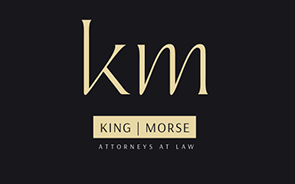According to the Center for Medicare and Medicaid Services, healthcare fraud occurs when an individual attempts to deceive or misrepresent to receive a healthcare benefit for themselves or another person. Law enforcement can press administrative, civil and criminal charges if they suspect someone is committing health care fraud in Florida.
Medical identity theft
It is unlawful to pretend to use a physician’s name and identifying information to get health care benefits, such as durable medical supplies, or to send someone to a specialist. Likewise, healthcare providers cannot use a patient’s information to obtain supplies not intended for that person.
Billing for unnecessary supplies or procedures
The law sets limits on the quantities of durable supplies and home health care a provider can prescribe for a patient. They also set limits on when a provider can refer a patient to a specialist, and it is fraud not to obey them.
Fraudulent clinical trial reporting
It is unlawful to report findings in clinical trials that are untruthful. A Florida judge sentenced two women to 64 months in prison for pretending that results were accurate when they were blatant lies. The United States Department of Justice continues working with law enforcement to detect and persecute these cases.
Unbundling
Medicare and Medicaid require that providers bill some services together, like buying a kit at a store. It is indictable to bill these healthcare funders for those services unless the provider offers a bundle discount. Yet, some providers try to hide the fact by submitting bills over a period of time.
There are many types of healthcare fraud, including billing, stolen identities and ordering supplies or services not provided.


